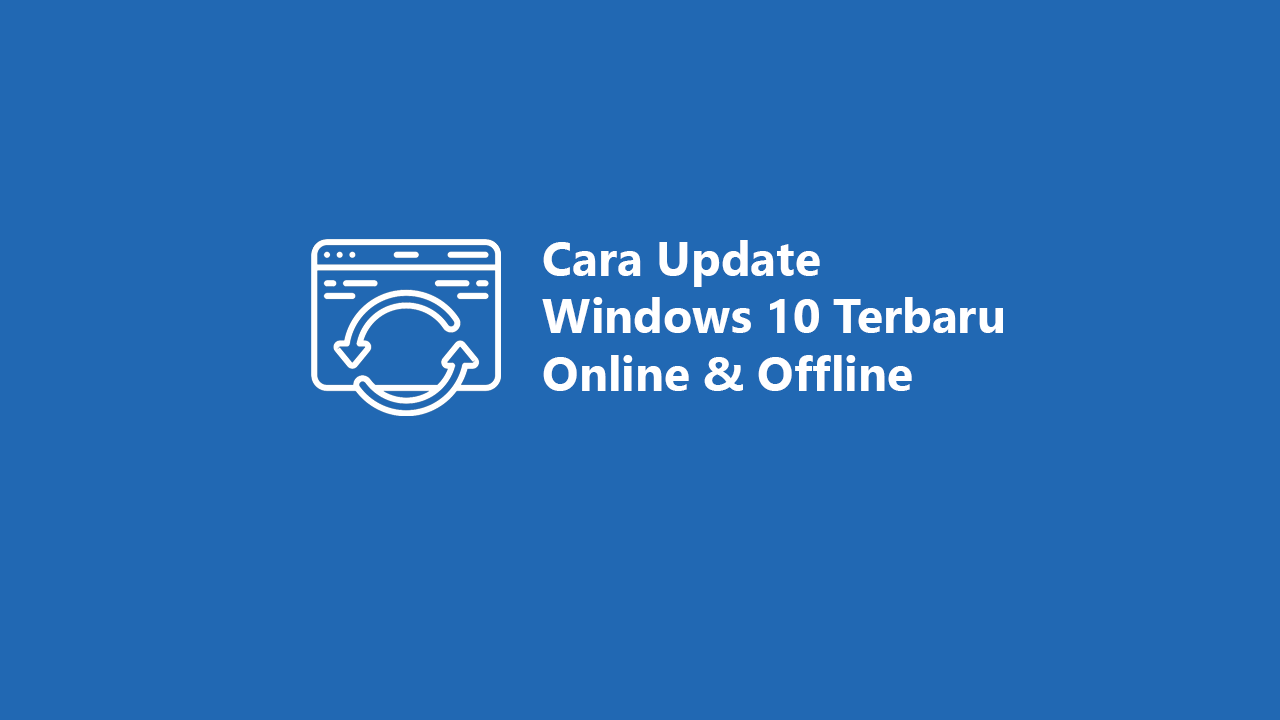



Extensions that are purely declarative, such as themes, snippets, or grammars, can run unmodified in the browser. Not all extensions can run when VS Code is in the browser. In addition to opening repositories, forks, and pull requests from source control providers like GitHub and Azure Repos, you can also work with code that is stored on your local machine. VS Code for the Web has many of the features of VS Code desktop that you love, including search and syntax highlighting, along with extension support to work on your codebase. Visual Studio Code for the Web provides a zero-install experience running entirely in your browser, allowing you to quickly and safely browse source code repositories and make lightweight code changes. This iteration, we released a preview of Visual Studio Code for the Web. Visual Studio Code for the Web - v (Preview) You can find the recording of the event on our YouTube channel. Watch a highlight of the new features in this version in the VS Code team's release party.

After housekeeping, we also addressed feature requests and community pull requests. Given the focus on shipping v, not everybody on the team had cycles for clean-up, so some issue clean-up will continue in November. In addition, we closed 194 pull requests.Īs in previous years, we used the live tracker from Benjamin Lannon to track our progress: The main vscode repository now has 2491 open feature requests and 1246 open bugs. While we closed issues, you created 2222 new issues. Across all of our VS Code repositories, we closed (either triaged or fixed) 4163 issues. In addition to releasing a preview of v, we announced in the October iteration plan that we would focus on housekeeping GitHub issues and pull requests (see our issue cleanup guide). Welcome to the October 2021 release of Visual Studio Code. Update 1.62.2: The update addresses these issues.ĭownloads: Windows: User System ARM | Mac: Universal 64 bit Arm64 | Linux: deb rpm tarball ARM snap Update 1.62.1: The update addresses this security issue.


 0 kommentar(er)
0 kommentar(er)
